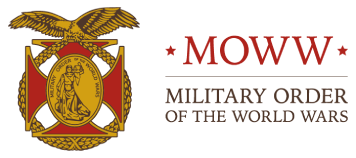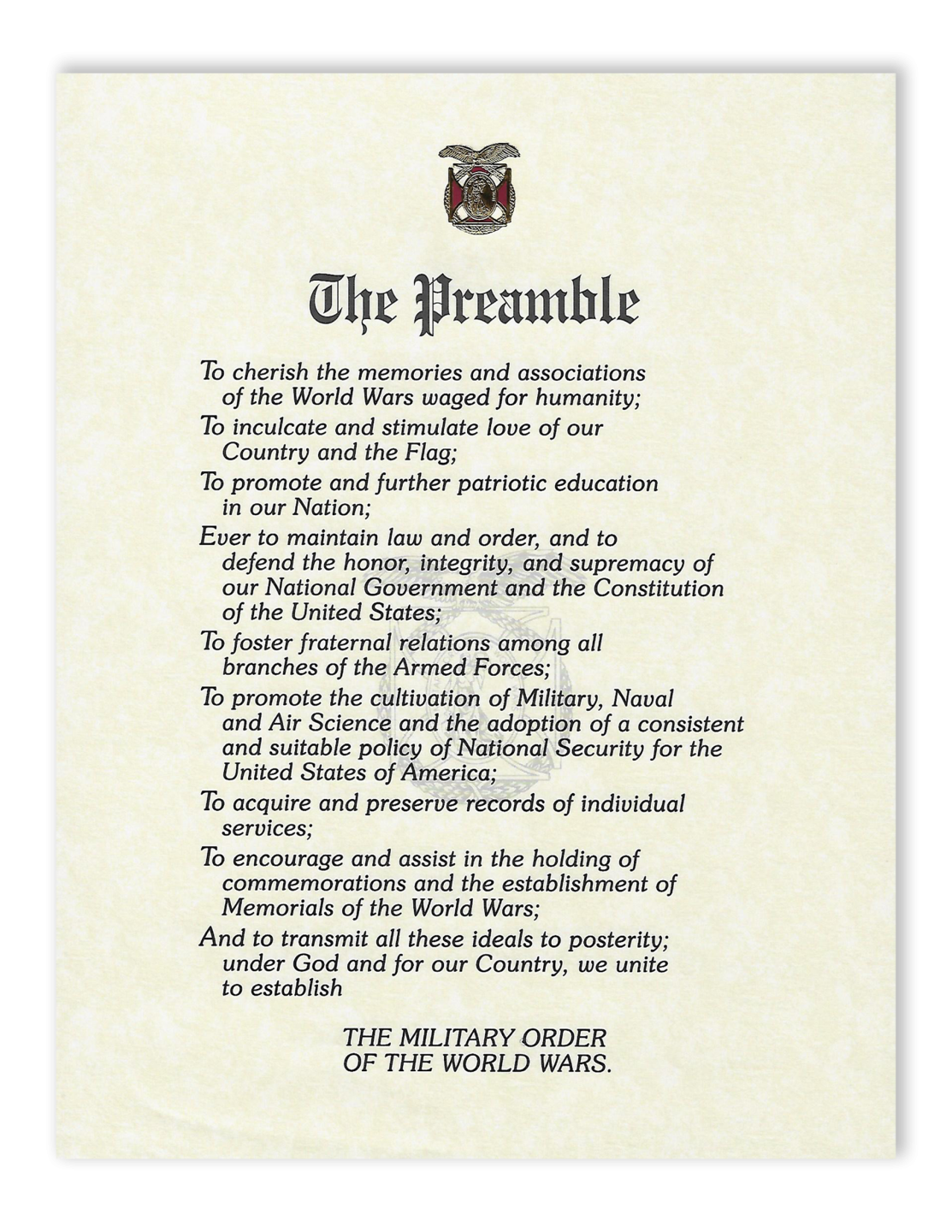Captain Francis Bartholomew Grevemberg, Jr.
The author of the Military Order of the World Wars Preamble.
A companion who gave a lasting and precious gift to the MOWW.
Captain Francis “Frank” Bartholomew Grevemberg, Jr. sat back in his seat on the train “The City of New Orleans” as it headed north to Detroit, Michigan. It was September 5, 1920 and he had two days of travel ahead, a thousand miles to the first convention of “The American Officers of the Great War.” It was a long trip, but Frank wasn’t going to waste his time.
The family patriarch came to Louisiana, then part of New France, from Flanders in the early 1700’s. Johannes Grevemberg established a prominent colonial family there. Patriots who fought in the American Revolution, the Grevembergs prospered along the Mississippi river.
Frank Grevemberg, Jr. was born on June 9 1886, in Broussard, Louisiana. One of six children, Frank was a bright student and, as an adult, became a civil engineer. He was also a patriot, having joined the Louisiana National Guard in 1915, and rose to the rank of Infantry Captain by 1917.
After the United States entered World War I in April 1917, Captain Grevemberg’s unit was incorporated into the 312th Regiment of Engineers, 87th Division, at Camp Pike, Arkansas in September 1917. After extensive training, Captain Grevemberg and the 312th Engineers arrived in Pons, France on September 12, 1918.









